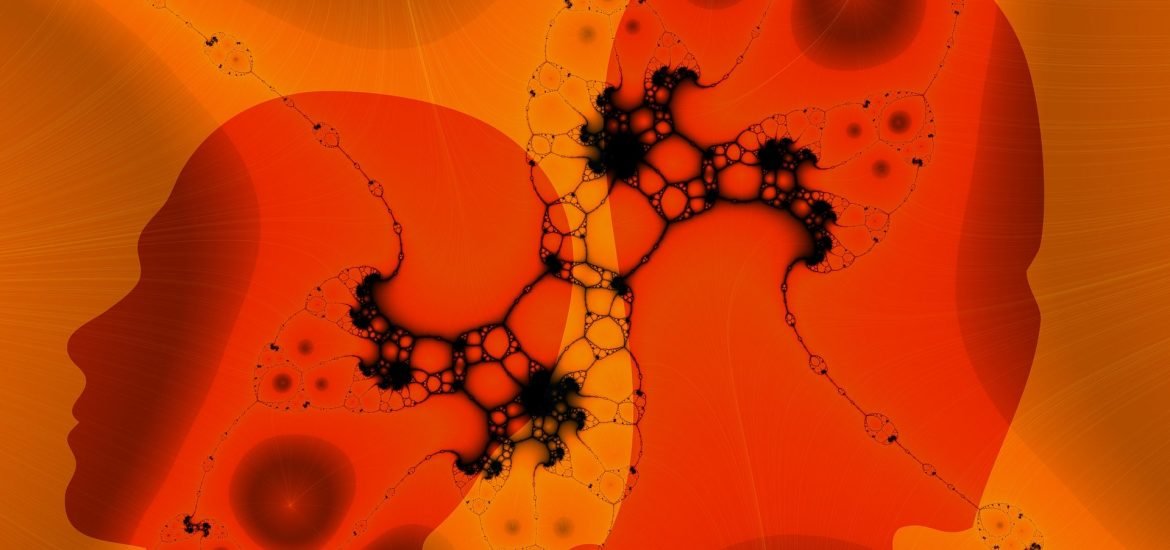
In perhaps the biggest news in neuroscience this year, a recent study has found that neurogenesis, a process by which new neurons are generated in the brain, grinds to a halt in the human hippocampus after age 13.
These findings, published in Nature, contradict a long-held belief by many in the field of neuroscience that new neurons continue to be generated in the hippocampus, the brain’s primary memory centre, throughout adulthood and well into old age.
Neurogenesis is a crucial process in the development of the brain from the prenatal period into infancy and early childhood, where new brain cells, or neurons, are generated from neural stems cells. While it is well studied that this process peaks early in life in most parts of the brain, research from the 1980’s largely supported the finding that neurogenesis continues throughout the normal lifespan in the hippocampus, underlying fundamental functions like learning and memory. Hippocampal neurogenesis has since been thought to be influenced by one’s lifestyle, through either stress or exercise, and impaired in cases of neurological disease like Alzheimer’s.
But the study led by Shawn Sorrells and Mercedes Paredes in the lab of Professor Arturo Alvarez-Buylla of the University of California, San Francisco, found that hippocampal neurogenesis drops to “undetectable levels” in adulthood.
A total of 59 brain tissue samples – from fetuses to newborns to individuals up to 77 years of age – were examined as part of the study, 37 of them from cadaveric specimens, and 22 of which were biopsied from living patients with epilepsy. Samples were taken from a specific portion of the hippocampus associated with the formation of new memories, the dentate gyrus. Using techniques such as immunohistochemistry, fluorescent microscopy, and electron microscopy, these samples were tested for the presence of young or dividing neurons, for neuron number and maturity, and for the size and shape of neurons present – all which provide some indication of neurogenesis, or a lack thereof.
From these tests, it was found that neurogenesis in the dentate gyrus abruptly declines after the first year of age. The presence of just a few new neurons was observed in the brains of those aged seven. The latest any young neurons could be detected in the samples was at age 13. Afterwards, in those samples from epilepsy patients aged 18-77, there was no indication of neurogenesis at all.
These results came as a surprise even to the researchers themselves. In a statement for The Wire today, Paredes said that they “actually began the study assuming that we would find some evidence of adult neurogenesis in the human hippocampus.”
However, the researchers acknowledge that since the 1980’s, studies have conflicted on this point. The notion that neurogenesis continues in the hippocampus into adulthood largely comes from studies with rodents, where new neurons have been observed in the dentate gyrus well past adolescence. But studies of dolphins, as well as nonhuman primates, show otherwise.
In fact, as part of the same study, Paredes and his colleagues tested tissue samples from the Macaque monkey and found that neurogenesis, like in the human samples, peaks early in life and declines during the juvenile stage of development. One possible explanation for this difference is that primate brains, like dolphin brains, are much more complex than the brains of rodents, and neurogenesis, adding new neurons into the mix late in development, could disrupt brain function.
As for how this new study might disrupt our current science of the brain, it isn’t yet clear. Further research with greater sample sizes will be required in order to replicate these findings, and to demonstrate whether the same findings can be observed in other parts of the human hippocampus and brain.